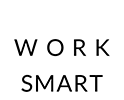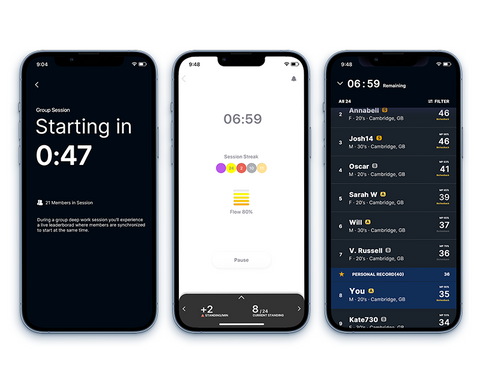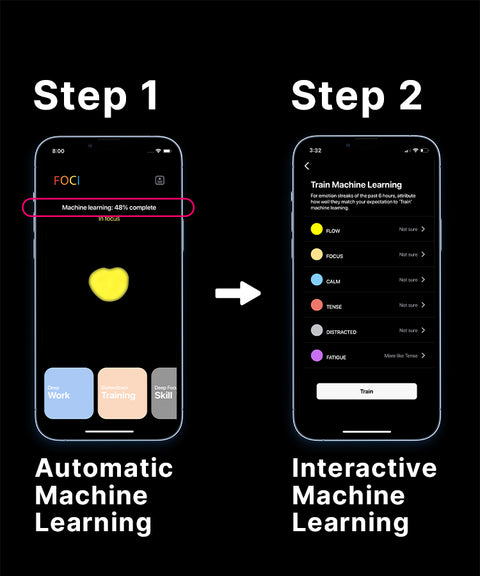The fundamental question
|
Apple Founder Steve Jobs, didn't let his kids use the iPad, or really any product their dad invented. Microsoft Founder Bill Gates, imposed a cap on screen time for his daughter. Google’s CEO Sundar Pichai, didn’t let his 11-year-old son have a smartphone. |
These are not mere coincidences.
And just as you would have guessed, this has to do at least in part, with the negative impact of digital distraction on both learning and academic performance.
But why?
“Attention is a resource—a person has only so much of it.”
Matthew Crawford
In fact, we are experiencing one of the biggest goldrushes in the past two decades. Only this time it is not gold that is being mined. It is our attention.
Swarms of internet and gaming companies make use of psychological hacks, similar to that of slot machine, to get us into an addiction loop, so that we can use their product longer and more frequently.
Why are they doing this to us, and to our children?
Monetize our attention.
To put into perspective, each “click” on the ads, our voluntary or involuntary divulging of our attention, generates on average 1-3 USD for these companies, and in industry jargon, this is called CPC: cost-per-click.
Just as you might have already observed, these ads are indeed very arousing to grab our attention and interrupt our focus.
It is just good business, nothing personal.
What’s so bad about distractions?
Unfortunately, distraction is no play, and most of the time, we don’t even enjoy it.
What is even more important is that we should be the ones who make the choice about when and what to divert our attention to, not to be trapped in distraction and procrastination loops, and to be left with little choice at the end of the day.
The ability to make this choice is our focus. The choice to work smart.
Sadly, the key decision-making region of our brain (prefrontal cortex) doesn’t fully mature until the age of 25. It becomes more important that the young should be equipped with the necessary skills to make the choice of what to focus on - the ability to work smart.
If left unchallenged, the deprivation of our focus due to commercial interest on our attention would create a chasm of a generation of a large base of low skilled and attention deprived workforce and on the other hand, a small elite group of executives, who can make full use of technological advances, at the same time benefiting from laser sharp focus.
This is happening already, with 7-33% of undergraduates taking smart drugs to boost their focus. Whereas these drugs were originally developed to treat attention deficit problems.
The Matthew effect of "the rich get richer and the poor get poorer” would aggravate in this age of attention economy.
Why FOCI?
With FOCI, not only do we strive to build the best productivity tool. We want to democratize the skill to master a laser sharp focus to work smart, where we can have the choice to play hard and indulge in whatever we choose to.
Because we all deserve this choice.
What should we do?
The 2019 Nobel Prize winning work on economics attributes the universal traps of ignorance and inertia as the main factors to poverty.
So.
Break the inertia by getting started today.
Acquire the skill to work smart.
Let’s do this.
FOCI Team





